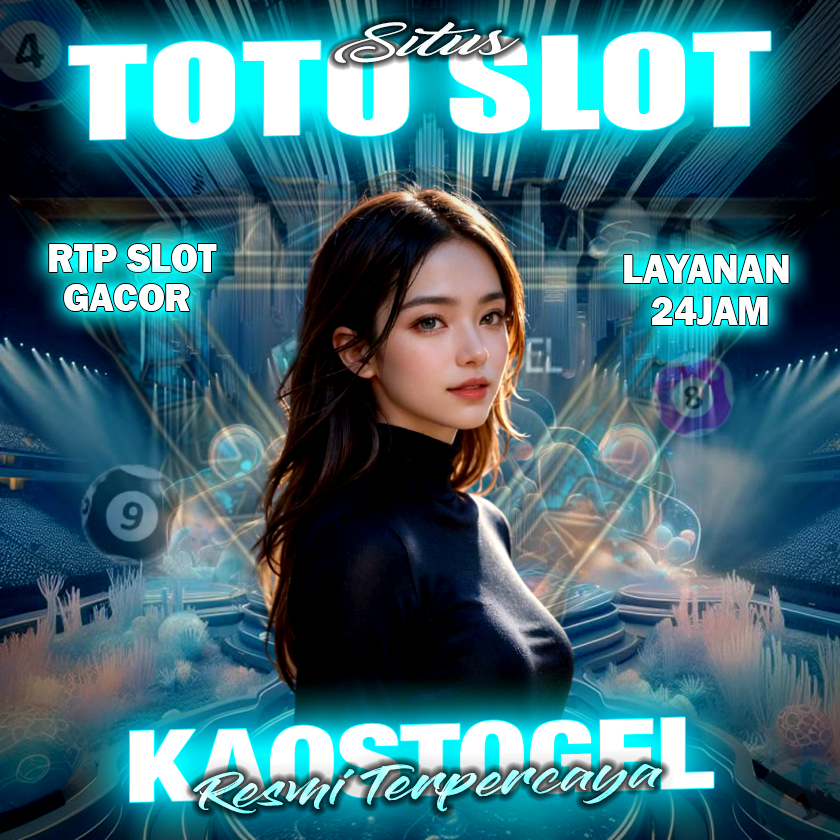KAOSTOGEL ialah situs Toto 4D dan toto slot yang menawarkan pengalaman bermain tak terlupakan dengan RTP (Return to Player) yang akurat dan terpercaya. Dengan banyak pilihan permainan yang menarik, KAOSTOGEL menjadi pilihan utama bagi para pemain di Indonesia. Situs ini tidak hanya menyediakan berbagai jenis permainan toto dan slot, tetapi juga menjamin keamanan dan kenyamanan bagi setiap pemain. Dengan tampilan yang ramah pengguna dan proses pendaftaran yang mudah, KAOSTOGEL memastikan bahwa setiap pemain dapat dilayananin dengan cepat.
Platform Toto Slot juga dikenal karena layanan pelanggan yang responsif dan profesional, siap membantu menyelesaikan kendala yang dihadapi oleh para penggunanya. Dengan berbagai promosi menarik dan bonus yang menggiurkan, KAOSTOGEL berkomitmen untuk dapat dipercayai oleh para penggunanya. Bergabunglah dengan KAOSTOGEL dan nikmati pengalaman bermain yang seru dan menguntungkan, di mana setiap taruhan bisa menjadi langkah menuju kemenangan besar. Jangan lewatkan kesempatan untuk merasakan sensasi bermain di Situs Toto yang telah terbukti terpercaya ini!
Sponsored Keyword:













